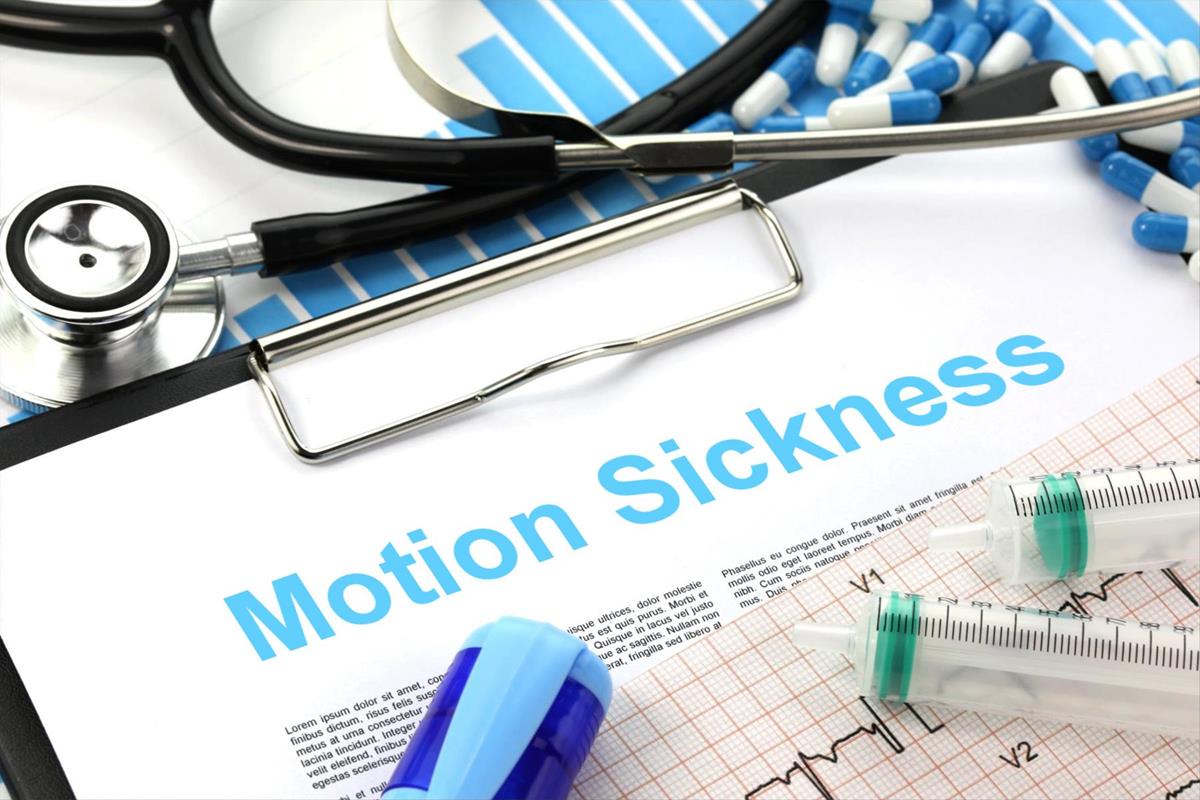Motion sickness is a very unpleasant experience for most people and it will often bring about mixed feelings of mild discomfort to extreme nausea and vomiting when a person is travelling or even when travelling may be imminent, and it really doesn’t appear to matter what form of transport a person may use.
Symptoms can range from mild to severe and can include:
- dizziness;
- generally feeling unwell and tired;
- excessive production of saliva;
- headache;
- nausea, vomiting;
- burping; and
- sweating.
The brain becomes confused through being sent mixed messages, it wrongly assumes that the person has been infected and tries to help by making them want to be sick. The brain perceives a mismatch between the feelings of movement and the seeming stability of the environment. The delicate mechanisms of the inner ear are reporting movement, however, the eyes are reporting stillness.
This will sometimes occur when a person is trying to read something in a car and this is one of the worst things a person can do, as it reinforces the message of stillness in front of the eyes - having them focus on something close up. This will often make a person feel very queasy.
Therefore, there are few sensible ways to make yourself more comfortable while travelling:
- Firstly, look ahead and at distances outside the vehicle. This prevents the brain becoming confused because if you see the outside world while you are move, then the eyes and the inner ear can both tag your experience as “movement”. So if possible look at the horizon or at something in the distance. This should calm those nauseous feelings.
- Stop regularly if you are travelling by car for fresh air and exercise, if you are travelling by boat get out on deck as much as possible and look to the horizon. You need as much input from your visual field as possible.
- During motion, look at an earth-fixed object. For example, if you are on a boat, try and look at the horizon or land masses from the deck, rather than the inside of the cabin. Also, car passengers should sit in the front seat and look through the window, rather than sitting in the rear and looking at objects moving within the interior of the car (such as reading a book).
- Motion sickness does not usually occur when movement is under a person’s control. The driver of a car is less likely to get motion sickness than a passenger. Position yourself where you will experience the least motion, such as over the wings in an aeroplane or in the centre of a ship.
- The larger the vehicle, the less susceptible it is to motion so, if possible, try to travel on a ship rather than a small boat.
- Some people find that closing their eyes is the best way to eliminate sensory confusion.
- Avoid alcohol for 24 hours before travelling and during the trip.
- Make sure you have plenty of fresh air. Fumes or smoke can worsen symptoms.
- On brief journeys, try not to eat or drink anything.
- On long journeys, eat and drink sparingly and often.
- Anxiety worsens symptoms. Use relaxation techniques and if your anxiety is marked, you could consider professional assistance.
Sometimes uncomfortable feelings can start even before you begin travelling. Sometimes, even the thought or the anticipation of travel, can set off those thoughts and feelings, even certain smells or activities can also act like a faulty link in the mind.
There are different things you can try in order to prevent motion sickness or at least reduce its effects, including:
Medications either calm the nerves of the inner ear or soothe the brain’s vomiting centre. However, nearly all motion sickness pills are most effective if they are taken before you feel sick. Some motion sickness pills may cause drowsiness as a side effect. You may need to experiment with different medication to find which one works best for you. Ask your doctor or pharmacist for more information.
Research also suggests that ginger can help to ease the symptoms of motion sickness. You could chew on raw ginger or make a quick tea by adding minced ginger to boiling water.
A further very natural, effective and long lasting resource is hypnotherapy
Therefore, allow hypnotherapy and counselling to assist you to:
retrain the brain to calm down and take control over travel sickness starting by subtly teaching the mind to form a different set of expectations when you travel, learn to rein in that problem-solving, part of yourself and bring it under your direction.
The mind is a very powerful instrument and it can be incredibly useful to change the way we think, feel and respond to circumstances in our lives.
For further information contact us on (03) 5223 2370 or via email
Karen Holt Clinical Hypnotherapy and Counselling
Clinical Hypnotherapist
AMAHS, MASCH, NFH
Image credit Nick Youngson | Alpha Stock Images

